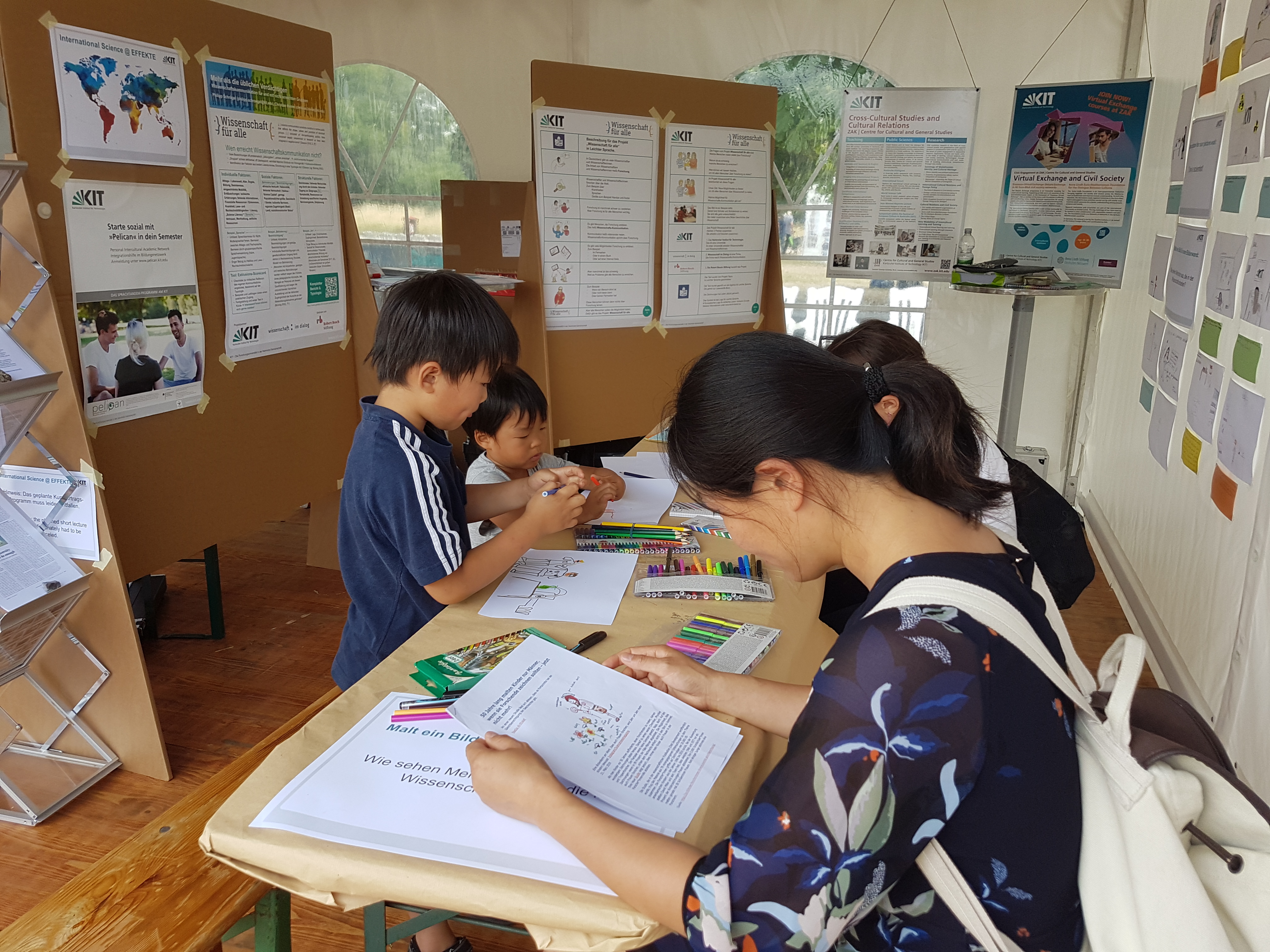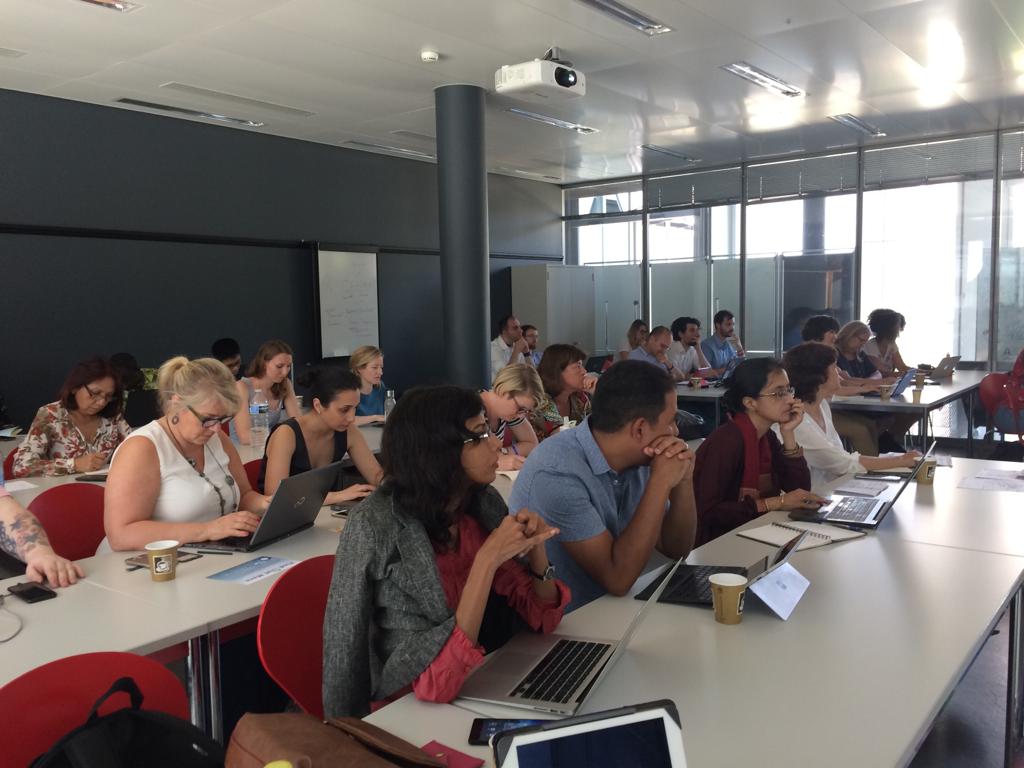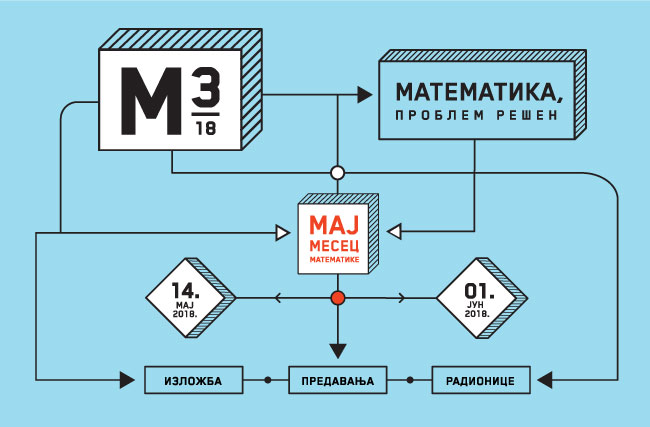
| Location | Bochum, Germany |
| URL | www.univercity-bochum.de |
| https://www.facebook.com/UniverCityBochum |
City of Bochum
The City of Bochum is located in North Rhine-Westphalia and is part of the metropolitan Ruhr area. Bochum is home to eight universities/institutions of higher education with more than 54,000 students and nearly 10,000 employees.
The largest one is the Ruhr University Bochum (RUB) with approx. 41,500 students. Bochum, as the Ruhr area as a whole, has been shaped by a strong structural change during the last decades. In the last years, the institutions of higher education have become more and more engines for economic and regional development, and the perception of their role has been changed in the same way with respect to the institutions themselves and the urban public/society. The most obvious expression of this change is the network UniverCity Bochum, which has been established in 2009 to further develop and sharpen Bochum’s reputation as a city and hub of science and higher education. Meanwhile, UniverCity Bochum officially counts 12 partners, and apart from the universities and the City of Bochum, the local Chamber of Trade and Commerce, the local Student Support Association, the German Mining Museum, and the Bochum Marketing GmbH belong to it. UniverCity Bochum, which is relatively informally institutionalised, might be a unique approach, at least in a German perspective. It is not even a network but a brand and a programmematic approach as well.
In 2014 the framework concept “Bochum – City of Science” has been published which consists of approx. 60 projects belonging to the fields of action “Urban Life”, “Economic Development”, “Education Potential”, and “Internationality/ Welcome Culture”. Many projects and activities aim at decreasing the distance of academia and urban society. The “City as a Campus” is one relevant general principle.
Dr. Lars Tata is employed at the City of Bochum, Department of Overall Municipal Affairs of the Lord Mayor. He takes the responsibility of the management and coordination of UniverCity Bochum on behalf of the Lord Mayor. Dr. Tata, spatial/urban planner, is familiar with the interface of science and society. Questions and aspects of forming and using this interface for societal benefit have shaped his previous professional background. As a researcher at the University of Dortmund, Faculty of Spatial Planning, Dr. Tata dealt with the role of universities in regional development and the concept/perspective of learning regions and territories (in the context of different EU projects as well).


